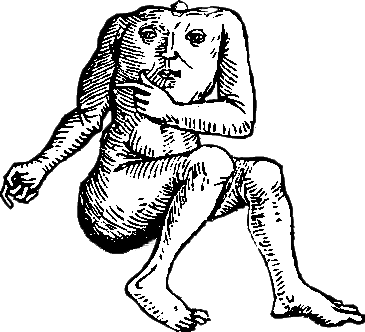Literaturhaus handcrafts homespun art objects that play with and challenge structures & forms—words juxtaposed to find the cracks.
Art has been a great compass and while there is no shortage of great art, the conversations around it have been trivialized, sometimes by their own purveyors. Turned into fluff, entertainment, content for the purposes of attracting sales, views, visits, clicks, likes. Instead of buying into short-term profitability, we wanted to focus our attentions on sincere reflections of our cities, our industries and institutions, our leaders, our universe, and ourselves, to create a space for just these reflections. Our souls yearn for honest, frank conversations on the state of things.
All that said, we are a federally recognized 501(c)(3), not-for-profit literary organization, incorporated in the state of New York – 25 West 43rd Street, 17th Floor, NY, NY 10036.





